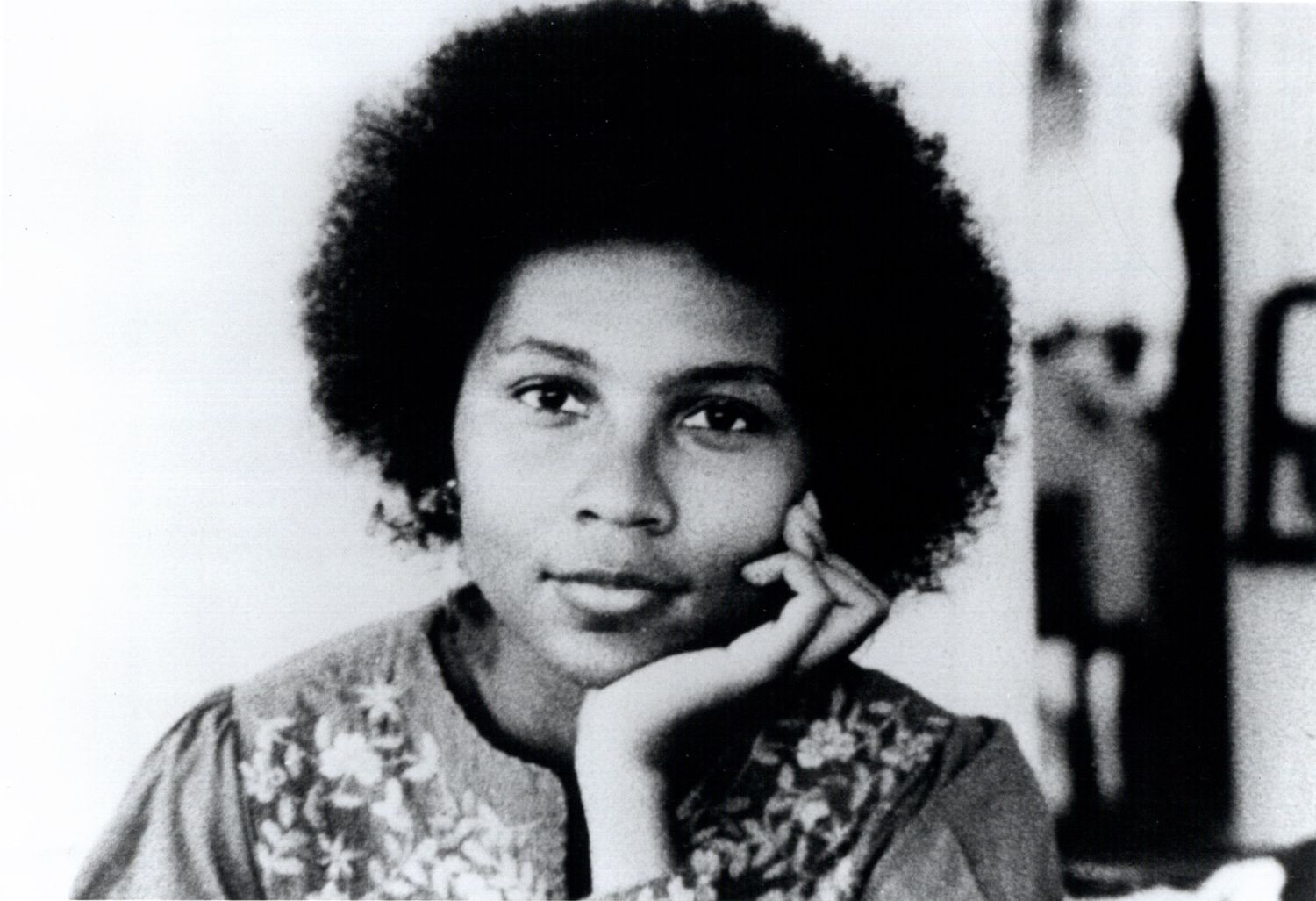How African Women Authors Are Empowering a New Generation Through Storytelling

Introduction
From the heart of Africa’s villages to the world’s biggest stages, African women authors are rewriting narratives.
Their voices are fierce, emotional, and deeply human — telling stories that empower, heal, and inspire.
Through books, they are shaping identity, breaking barriers, and reminding the world that African women are both storytellers and history-makers.
1. Giving Voice to the Voiceless
For decades, many stories of African women were told about them — not by them.
Today, authors like Chimamanda Ngozi Adichie, Tsitsi Dangarembga, Buchi Emecheta, Lola Shoneyin, and Ama Ata Aidoo have reclaimed that voice, giving women the power to define their own narratives.
2. Challenging Gender Norms and Injustice
These writers fearlessly confront themes like gender inequality, identity, motherhood, and freedom.
Through their words, they expose societal issues and spark conversations that lead to progress and reform.
3. Inspiring the Next Generation
When young African girls read stories of women who look and sound like them — who dream, love, lead, and rise — they see what’s possible.
Books become mirrors of strength, showing that empowerment starts with self-awareness.
4. Preserving Culture Through a Feminine Lens
African women authors honor tradition while reimagining it.
Their stories blend ancestral wisdom with modern expression, creating a rich tapestry of African culture told from a woman’s heart.
5. Global Influence Beyond Borders
These authors aren’t just shaping African literature — they’re shaping global thought.
Their works are studied in universities, adapted into films, and translated into multiple languages — proof that authentic African stories belong everywhere.
Conclusion
African women authors are more than writers — they are cultural architects.
Every chapter they write uplifts a new generation of readers and thinkers.
By reading their books, we celebrate the power of voice, courage, and creativity — the foundation of Africa’s literary future.
So open an African woman’s story today — and feel her power in every word.






